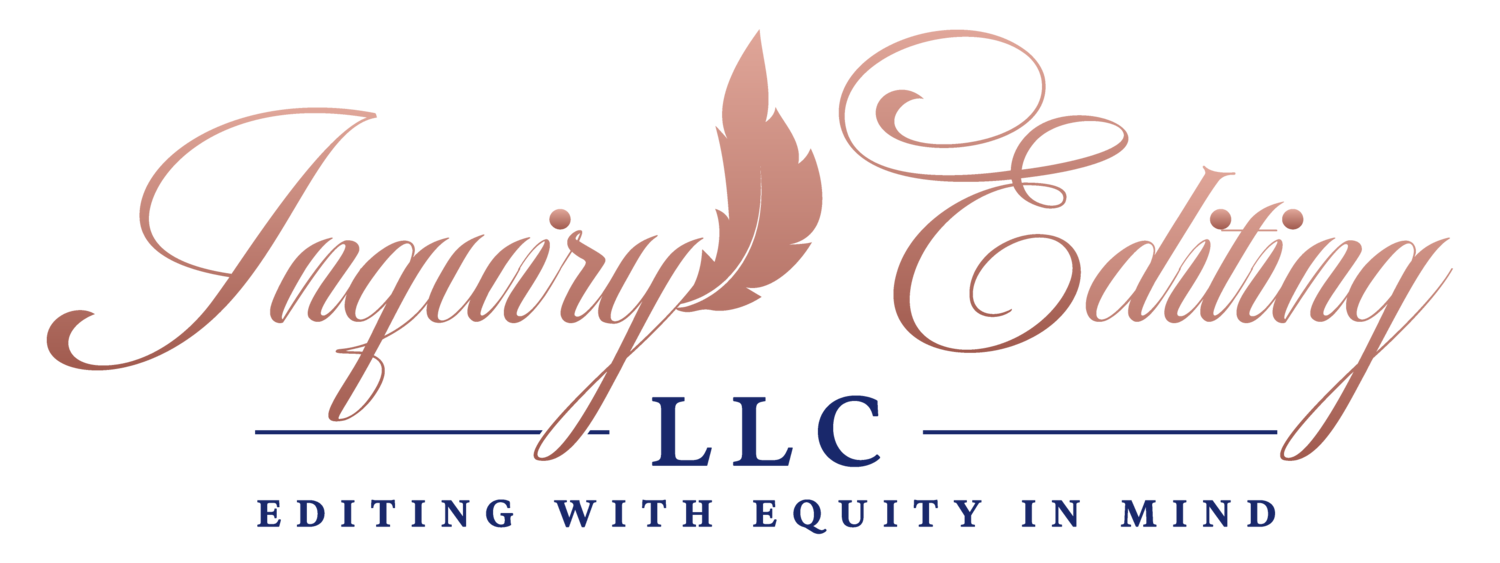Editing Series: Style
In this series, I’ve wanted to take you through the editing process. We’ve started with big picture items like conceptual work. We’ve discussed math, specifically the basic math of editing. We have discussed structure. We delved into another – particularly fragile – structure: the paragraph. We’ve thought about introductions and conclusions. This is our final week. So, we are covering style. I’ll use an FAQ format to discuss them.
Why are you discussing style last? Style is never before the substance. It can help the substance to shine or it can attempt to obfuscate the fact that there is no substance. As a result, style must be your last edit. You’ll be cultivating your style the whole way through your process no doubt. However, your final edits will be stylistic because it is only there that you can put the final touches on the manuscript. If you attempt to edit style prior to editing the substantive portions, you may lose your substance in an attempt to get great style.
How do you cultivate your personal style? You know I can always tell a scholar who studies Derrida in English. I can always tell a scholar who studies Foucault. Their writing announces it, the same way that Tayari Jones’s work announces that she reads Morrison. The lesson is that you write like those you read. If you want to write deliberately like someone, you’ll study their work like a writer. You’ll look for ways that you can duplicate what they’re doing. Ellison copied sentences from Hemingway in order to dissect them and learn what Hemingway was doing. Now that I am working on essays, I do the same for Jesmyn Ward, Kiese Laymon, James Baldwin, Margo Jefferson. Unlike creatives, academics/scholars do not spend enough time with writing as writers. We often only write under duress and we anxiously want ever sentence to count. The more you read your writing heroes, the more you will write in a style you appreciate.
Any tips for ensuring good style? No. But, I can offer the biggest tip for ensuring readability. Read your work out loud. Or make the accessible reader do so for you. Phone a friend. A large part of good style is that people can understand it. So, be sure that you take pains to ensure that your writing is understood. Reading it aloud is one of the best ways to ensure that. If the sentence is too convoluted, separate and shorten. If the phrasing requires too much intonation to make sense, use different words.
What resources help you create good style? A thesaurus. Actually, several. Naps. No, really. I need to rest in order to edit well. When I am over tired, that is when the most tenacious of errors gets through. I also just listen and observe. I listen to how people talk. I listen to the differences between newscasters, experts, and lay people – all talking about the same subject. They each provide a new take on how to describe what is most important in the moment. Style is individual. Your style will definitely be different from your role model’s. Your task is to create something that sounds true to you. I am often surprised to meet the folks who are keyboard gangsters but really quite gracious people. But, I continue to believe Montaigne: one cannot hide inside one’s writing.
What if I don’t like my writing style? I think, first, you have to figure out what exactly you don’t like about your writing style. Do you want to be more florid? Funnier? More sparse? You can learn how to do so from a writer that does it already. I used to be intimidated by writers who talked about their sentences as though everything was planned just so. Malcolm Gladwell’s Masterclass features him discussing how he introduces people. He has specific reasons for delaying in giving certain details. He tells the story of the writing as though it was decided from the beginning and then he says “I had to work how to …” and there’s the rub. Even though he knows now why that sentence works, he had to figure it out by writing and editing and re-writing. His style is what it is – journalistic, spare, clever. But, he works out some of the emotional nuances of his style – compassion, curiosity, disgust – in the revision of the sentences.
Writing is a little like singing. You can change the tone of your voice by adding more rasp or becoming more clear. You can shift your musical inclinations by immersing yourself in a certain genre. You can expand your range. All it requires is listening and practice.
Thank you so much for joining me on this editing series! I’m going to take a hiatus from blogging until September 1, but I am still accepting clients, so feel free to reach out!
